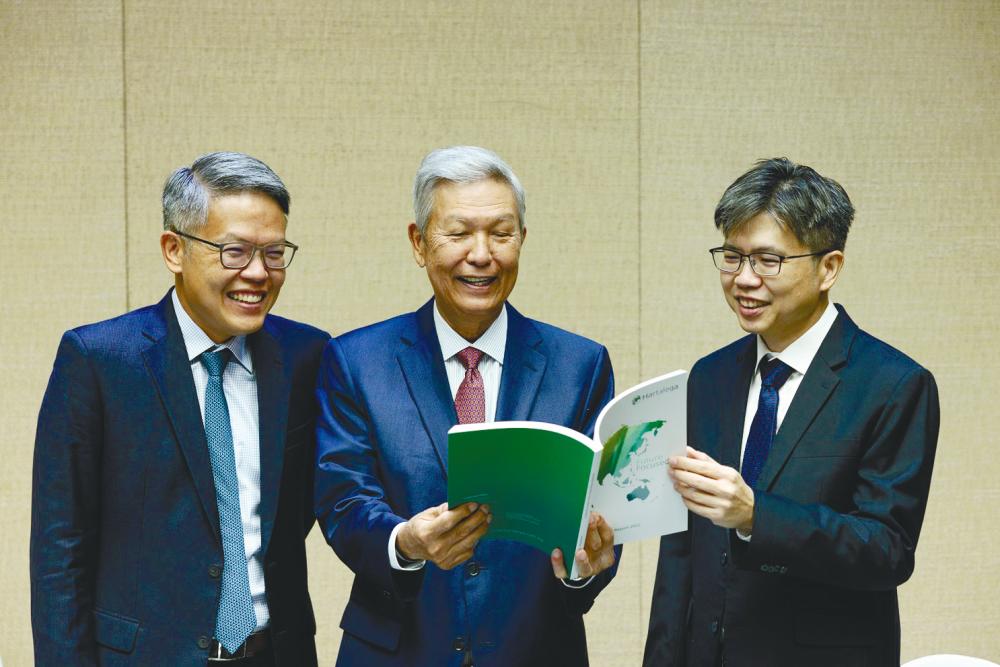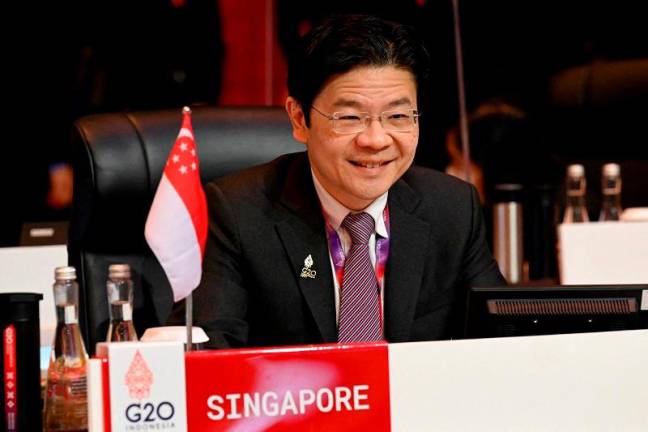KUALA LUMPUR: Hartalega Holdings Bhd is slowing down expansion plans for its Next Generation Integrated Glove Manufacturing Complex (NGC 1.5) in Sepang, Selangor due to the oversupply of rubber gloves in the market.
CEO Kuan Mun Leong warned that headwinds are expected to persist in the rubber glove industry with the normalising of average selling prices (ASP), higher operating cost environment, rising inflation, minimum wage policy implementation as well as intense market competition, putting further pressure on the oversupply situation in the global glove sector.
He said the ASP has almost bottomed out because of the drop in rubber glove prices and current market oversupply.
“We are almost at the bottom because the prices are really low. The Chinese are selling below US$20 (RM89.62), the Malaysians are selling above US$20 (per 1,000 pieces). The price adjustments have been ongoing since the middle of last year, since the Covid-19 pandemic moved to the endemic phase. People realise that there is no shortage of glove supplies. Prices have been adjusting (and) normalising,” he told reporters during a press conference following its AGM today.
Taking a long-term view, global hygiene awareness and glove usage is expected to be on the rise in the post-pandemic era, particularly in emerging markets with relatively low consumption per capita. Against this backdrop, Kuan said it will continue to be attuned to market supply and demand dynamics as it progress in its expansion plans.
The NGC 1.5 expansion plans include four additional production plants which will contribute 19 billion pieces to the annual installed capacity.
Kuan assured that the NGC 1.5 will be completed in phases and will be adjusted accordingly in line with evolving market conditions.
“In tandem, we continue to accelerate our automation and digitalisation efforts to enhance operational efficiency and cost optimisation,” remarked Kuan.
He said the strengthening of the US dollar is a “positive” for the company because its export business is able to leverage on the foreign exchange rates of the greenback.
“It has allowed (us) to compete better in the market with low prices,” he said.
He added the company will adjust its prices on a monthly basis, taking into consideration on the movement of foreign exchange rates. For the company, it is business as usual and it has a disciplined hedging policies.
Kuan remarked that it plans to mitigate inflationary and cost issues by focusing on automation to reduce its dependency on manual labour, invest in energy efficient technologies as well as continue to do research and development to reduce energy usage.










